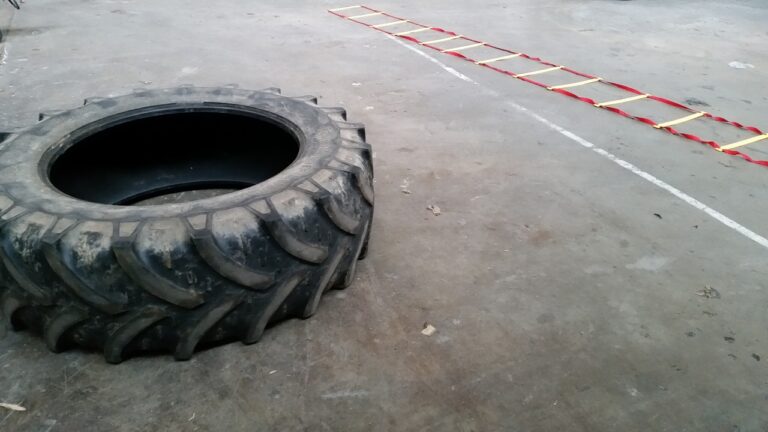The Link Between Rheumatology and Finger Health: Cricbet99 book, Reddy book 247, Play lotus 365 com
cricbet99 book, reddy book 247, play lotus 365 com: Rheumatology is a medical specialty that focuses on the diagnosis and treatment of conditions that affect the joints, muscles, and bones. One area that rheumatologists often pay close attention to is finger health. The fingers are essential for everyday tasks, from typing on a keyboard to tying shoelaces, so keeping them healthy is crucial. In this article, we will explore the link between rheumatology and finger health, discussing common conditions that can affect the fingers and how rheumatologists can help manage them.
Arthritis and Finger Health
Arthritis is a group of conditions that cause pain and inflammation in the joints. One of the most common types of arthritis that can affect the fingers is osteoarthritis. Osteoarthritis occurs when the protective cartilage that cushions the ends of the bones wears down over time. This can lead to pain, stiffness, and swelling in the fingers, making it difficult to perform daily tasks.
Rheumatoid arthritis is another type of arthritis that can affect the fingers. Rheumatoid arthritis is an autoimmune disease that causes the immune system to mistakenly attack the joints, leading to pain, swelling, and deformity in the fingers. In severe cases, rheumatoid arthritis can cause joint damage and disability.
How Rheumatologists Can Help
Rheumatologists play a critical role in the management of arthritis and other conditions that affect finger health. They are specially trained to diagnose and treat musculoskeletal disorders, including those that affect the fingers. Rheumatologists can work with patients to develop a comprehensive treatment plan that may include medication, physical therapy, and lifestyle changes to help manage symptoms and improve finger function.
In some cases, rheumatologists may recommend joint injections or surgical interventions to help alleviate pain and improve finger mobility. They can also provide education and support to help patients better understand their condition and how to manage it effectively.
Common Finger Conditions
In addition to arthritis, there are several other conditions that can affect the fingers and require the expertise of a rheumatologist. Tendonitis is a common condition that causes pain and inflammation in the tendons that connect the muscles to the bones. Tendonitis can affect the fingers, making it painful to grip or pinch objects.
Carpal tunnel syndrome is another condition that can affect finger health. Carpal tunnel syndrome occurs when the median nerve, which runs from the forearm into the hand, becomes compressed at the wrist. This can cause numbness, tingling, and weakness in the fingers, making it difficult to perform fine motor tasks.
Trigger finger is a condition that causes one or more fingers to get stuck in a bent position, making it difficult to straighten them. This can be painful and impact hand function. Rheumatologists can help diagnose and treat trigger finger, often recommending splints, exercises, or corticosteroid injections to alleviate symptoms.
FAQs
Q: How can I prevent finger injuries?
A: To prevent finger injuries, it is essential to practice good hand hygiene, maintain a healthy weight, and avoid repetitive movements that strain the fingers. Wearing protective gear when participating in sports or activities that carry a risk of finger injury can also help prevent accidents.
Q: When should I see a rheumatologist for finger pain?
A: If you are experiencing persistent finger pain, swelling, stiffness, or difficulty moving your fingers, it may be time to see a rheumatologist. They can help diagnose the underlying cause of your symptoms and develop a treatment plan to help manage your condition effectively.
In conclusion, rheumatology and finger health are closely linked, with rheumatologists playing a critical role in the diagnosis and management of conditions that affect the fingers. By working with a rheumatologist, patients can receive personalized care and support to help improve finger function and quality of life. If you are experiencing finger pain or other symptoms, don’t hesitate to seek help from a rheumatologist to get the treatment you need.







